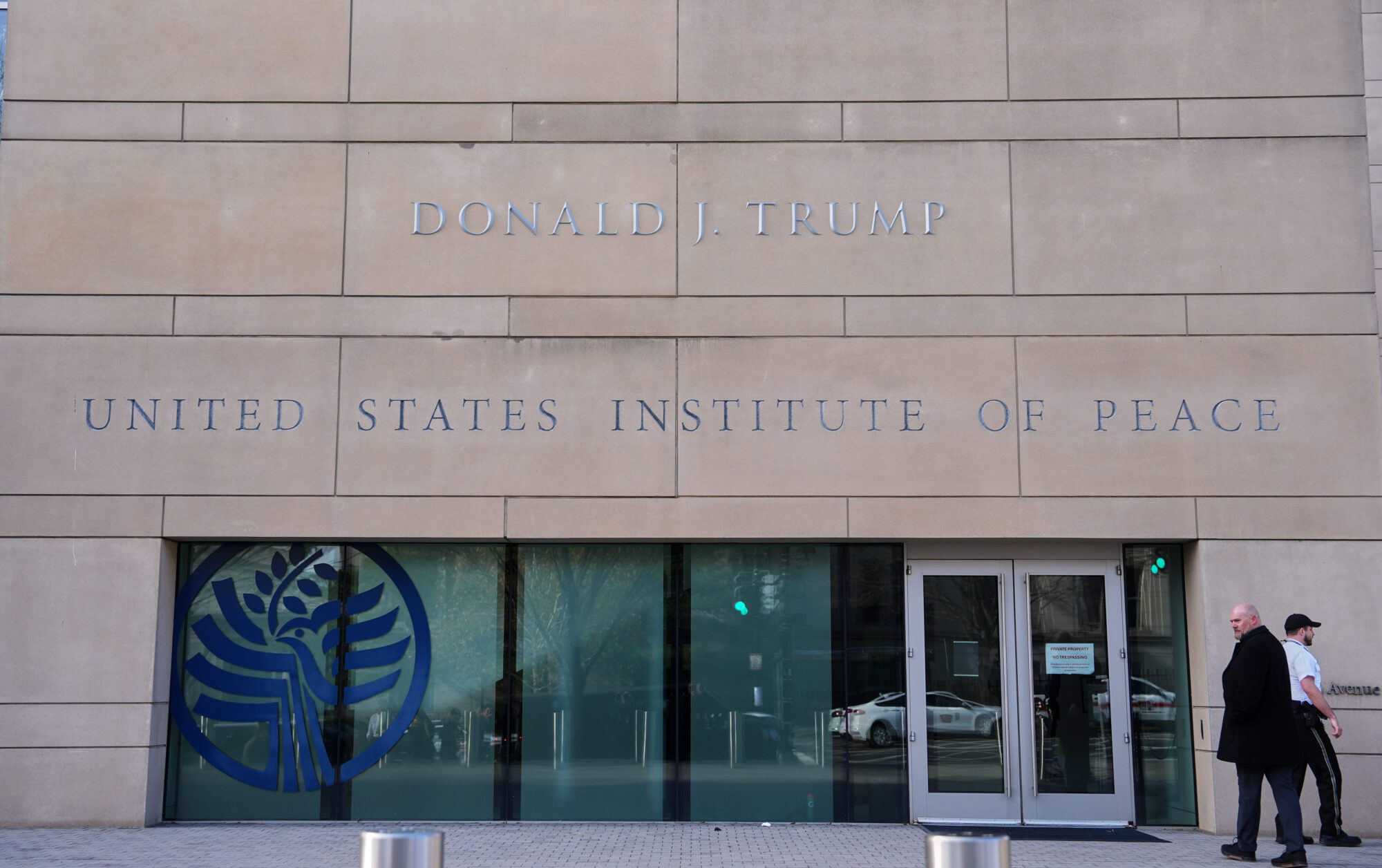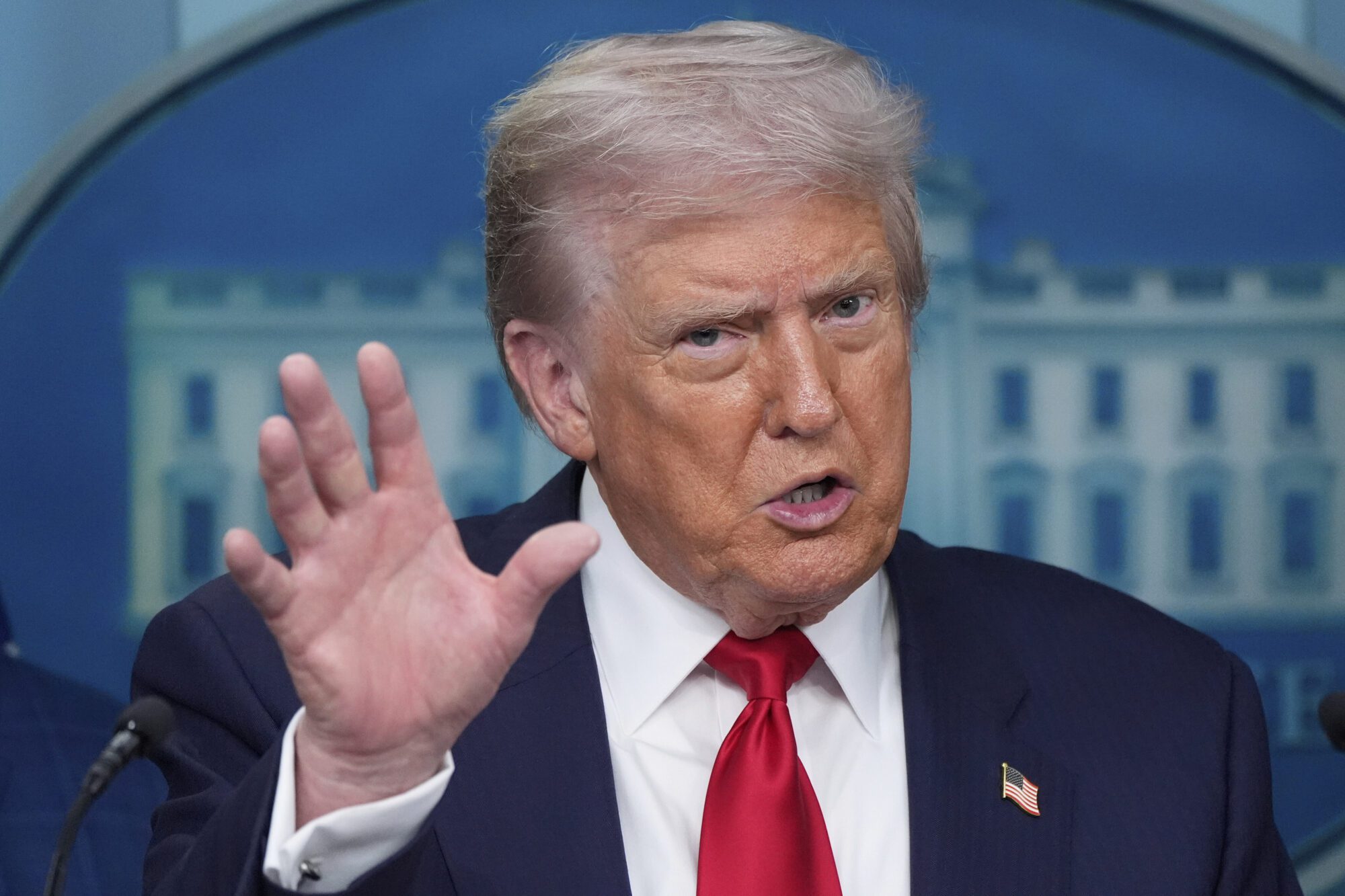
(Photo from Shutterstock)
- Eligible grant recipients must focus on efforts to treat, prevent, or reduce opioid use disorder or the misuse of opioids.
Applications for funding from the Mississippi Opioid Settlement Fund are now available through the Office of the Attorney General. Attorney General Lynn Fitch chairs the council.
Programs eligible to receive a portion of this funding include those that would aim to provide opioid abatement within the Magnolia State.
A meeting held by the council on Friday finalized plans to open the application period, set the scoring rubric and addressed concerns raised by members.
Mississippi’s Opioid Settlement Fund Advisory Council was established by the Legislature during 2025’s legislative session to form a prioritized list of recommended grant recipients. State lawmakers will have ultimate authority to approve or reject funding recommendations made by the council.
READ MORE: Appointees named to Mississippi’s Opioid Settlement Fund Advisory Council
About $370 million in settlement funding is expected to come to Mississippi over the next 13 years. Lawmakers, through the advisory council, will oversee the spending. Eighty-five percent of the funding will be controlled by the state for the formation of opioid remediation efforts, while the remaining 15 percent will go to local municipalities and county governments that participated in the litigation. The remaining $56 million in unrestricted funding will go to the state’s general fund.
This funding is being provided to Mississippi as part of settlement agreements between the Attorney General’s office and more than a dozen manufacturers, distributors, wholesalers, retail pharmacies, and marketers of opioid medications. Payments as part of the settlement are being deposited into an account established by the Legislature in 2024 known as the Opioid Settlement Fund.
Other states in the settlement have already begun allocating and disbursing their portion of the funds obtained through their participation in the lawsuits, which are said to total more than $50 billion.
Abatement programs most likely to receive approval should demonstrate efforts to treat, prevent, or reduce opioid use disorder or the misuse of opioids or to otherwise remediate the harmful effects of the opioid epidemic, the AG’s office stated.
Applications should also include a proposal narrative that specifically state the problem the program aims to address along with the geographic area served, number of people who are expected to benefit and describe the specific services that will be offered, among other details.
The application and other forms related to the grant process are available here. Applications and attachments are due by 5 p.m. on September 19. Completed applications should be emailed to OpioidCouncil@ago.ms.gov.
Recommendations from the council are expected to be provided to the Legislature by December 5.










